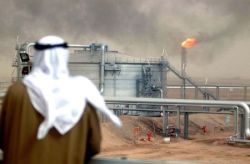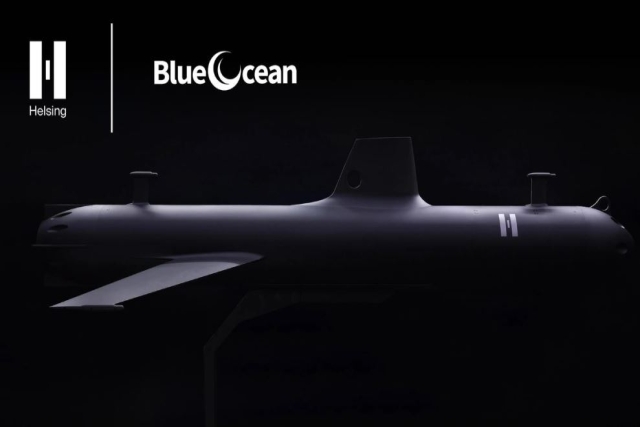Dipping Oil Price, ME Politics May Slow Down UAE, Saudi Arms Procurement

Arms buys by Saudi Arabia and the UAE may experience a slowdown in 2015 due to falling oil revenues and a completion of major procurement programmes for the current decade.
Oil rich Saudi Arabia which is experiencing a reverse ‘oil shock’ as it finds it cannot control global oil prices any longer presented a deficit budget for the first time since 2009.
The budget, short by 145 billion riyals ($190.4 billion) is the country’s biggest ever budget deficit.
Though Saudi Arabia does not officially release military expenditure figures, the Stockholm International Peace Research Institute had last year claimed that Riyadh had spent US$67 billion in 2013 including current and on-going procurement programs. Over the last couple of years, Saudi Arabia has handed defence contracts to companies in Canada, Germany, the UK, USA, China and Russia. “Riyadh was at the top of its procurement curve in 2012-13 when it signed up for Eurofighters, missiles and ships. The good times may be over for the next 3-4 years as major hardware procurement programs are implemented”, said a former UAE official on the condition of anonymity.
The UAE’s most significant buys in 2014 were High Mobility Artillery Rocket Systems (HIMARS) worth US$900 and military vehicles worth US$2.5 billion from the US. It is also investing in C4ISR assets by setting up a cyber command. Going forward, it in the market for fighter aircraft which would perhaps be the only big money buy from Abu Dhabi over the next 1-2 years. Beyond that, the UAE might experience a slowdown as it absorbs military assets bought since the beginning of this decade.
The gulf countries arms build up was in response to presumed threats from Iran. However, in the current situation over Syria, Iraq and Libya where the ISIS and Al Qaeda are the the number one enemy and Iran is on the same side as Saudi Arabia and UAE, the gulf countries may rethink the need for heavy arms as a deterrence against Iran.
“Saudi and UAE need quick reaction assets more than anti-missile systems, long range bombers and naval assets capable of attacking Iran’s formidable navy and army. The UAE has been involved in air strikes against militants in Libya and Saudi has sent APCs to Bahrain to help quell local unrest. It is notable that Iran has not made any threatening moves against any GCC country despite having a territorial dispute with the UAE”, said the source.
The UAE is also beginning to set up a defence industry and the creation of the Emirates Defence Industries Company is a step in self-reliance in defence manufacture. In future defence buys, the UAE may bargain hard regarding offsets and technology transfer which may slow down procurement decisions in the short term and reduce outright buys in the long term.









